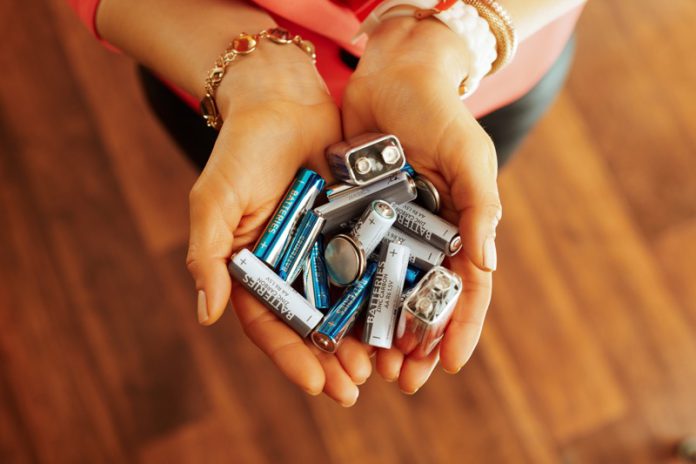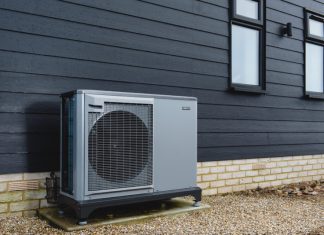Intro
If you are someone who likes to have all kinds of convenient appliances in your home to enhance the living experience, it is probable that you will also own a ton of batteries.
When you have different types of batteries lying around, it is important to store them the correct way. This article outlines five tips to store batteries at home.
Save The Packaging
It is recommended to unpack new batteries right before using them. Don’t remove them from the packaging they come in just to save space. There are noticeable advantages of keeping batteries in their original packaging.
- Firstly, the packaging keeps the batteries safe from external factors, like humidity, which can damage them.
- Open batteries can also result in a short circuit if the battery terminals react with a metal object close by.
- Lastly, keeping new batteries in the original pack makes it easier to keep new and used batteries separate.
However, holding on to the packaging seems like hoarding when you are using batteries. So, the safest way to store used batteries is in a collection tube. Make sure that you place them in a dry place at room temperature. You must not store old batteries in or near the refrigerator or oven.
Another common mistake people make is storing old batteries in medicine boxes along with medicines. This is very dangerous because the pill-like shape of batteries can be easily confused with other pills. You can try making a DIY battery organizer to store your batteries safely.
Always Store Batteries At Room Temperature
Very high temperatures can cause batteries to self-discharge, which makes your batteries’ capacity drop quicker than usual. So, if you want batteries to last longer and function to their full capacity, store them at the correct temperature.
On the other hand, low temperatures are good for battery lifespan, but the cold humidity temperatures can be damaging.
So, batteries should always be kept at room temperature and in a dry, well-ventilated place. Most batteries function best at 15 degrees celsius; however, a little warmer temperature does not affect the performance or quality of a battery.
While this is true, you must protect your batteries from direct sun exposure because this kind of heat can be very damaging to batteries.
Store Old And New Batteries Separately
It is smart not to throw away used batteries when they are partially full. However, people often make the mistake of storing used and unused batteries together.
Storing them separately is helpful because when you change batteries in an appliance, it is better to use batteries that have a similar charge or the same age.
A battery organizer is very useful because you can keep all batteries in the same box but have labeled dividers separating old and new ones. Different types of batteries must also be stored separately to avoid any short circuits or other hazards.
Humidity Is A Battery’s Worst Enemy
High humidity is extremely bad for batteries because it causes condensation, leakages, and even corrosion of the battery. People often assume that since cold temperatures are good for batteries, a refrigerator is a good place to store their batteries.
Well, that is not true. The high humidity in a fridge can cause seriously fast condensation. If you must store batteries in a fridge, make sure to place them in a vapor-proof box. If you store batteries in a cold place, make sure to place them at room temperature at least 24 hours before use.
When you store batteries away from humidity, you can elongate the shelf life of the battery while preventing other safety-related hazards.
Don’t Mix Batteries And Metals
Always remember to keep open batteries away from metal objects. They can be quite dangerous when mixed. When battery terminals come in contact with metal, they are highly likely to short circuit. So, keeping them in a metal box is out of the question.
You can use plastic, glass, or wooden container to store batteries. People also store metal objects like loose nuts and bolts in the same place as semi-used batteries. This has similar risks to mixing batteries and metals, so make sure to avoid doing this.
Other Useful Tips
You should always store batteries somewhere away from children’s reach. It is recommended to place them on higher shelves or cabinets, so your kids can’t reach them easily. Young children often confuse objects like batteries with candy, which can lead to serious health implications if swallowed.
You should also know how to handle leaky batteries safely. This usually happens if batteries are sitting idle in an unused device or appliance. You can tell a battery is leaking from the white discharge that turns to a powdery residue at the corners of a battery.
Store leaky batteries in a plastic ziplock bag and keep them in a dry and ventilated area. Also, be careful always to store batteries (leaky, used, and new) away from flammable materials.












